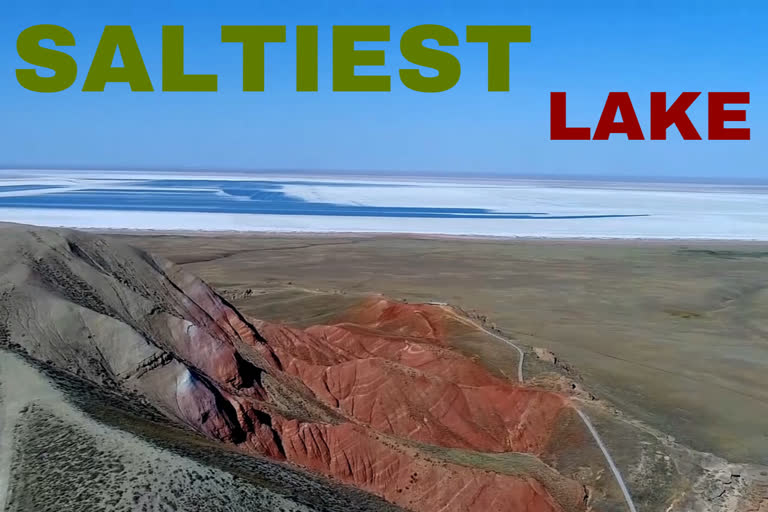Lake Baskunchak: Russia's 80 per cent of salt comes from Lake Baskunchak situated in the Astrakhan region, close to country's border with Kazakhstan. If wisely managed, its reserves could last for another four thousand years.
Considered one of the saltiest lakes on the planet, Lake Baskunchak lies 21 metres (69 feet) below sea level. Its shore is 20 kilometres long and only 30 centimetres deep.
Salt Deposit
The Baskunchak salt deposit began to form about 280 million years ago, during the time of ancient ocean called Tethys, which once stretched from Central Asia to Western Europe.
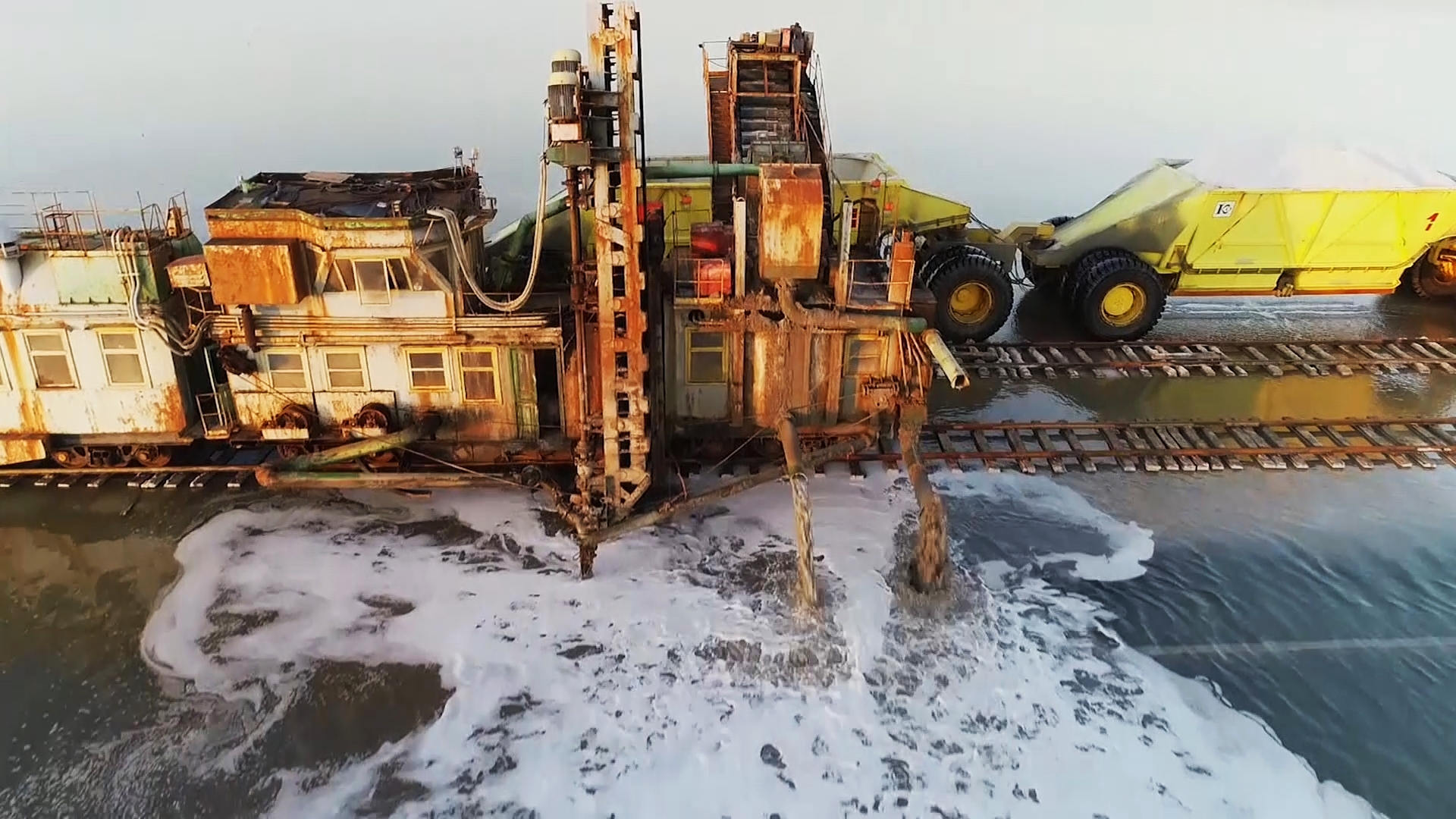
For hundreds of thousands of years, the sea was advancing and then departing. Sea salt accumulated under the layers of sedimentary rocks and, under the pressure, rose along the cracks, forming underground salt domes. A hollow formed between them. Streams and springs filled it with salt water - thus forming the lake Baskunchak.
Read also: Watch: Russia led military exercise 'Centre 2019'
"It is the nature of salt that under pressure and temperature, the salt becomes ductile and starts to expand and all the geological layers that are above the salt are pushed out to the surface. It is evident here, that all these lines are uneven because while being pushed out these layers have been displaced," explained Nikolay Pirogov, a geologist and deputy head of research at Bogdinsko-Baskunchak natural reserve.
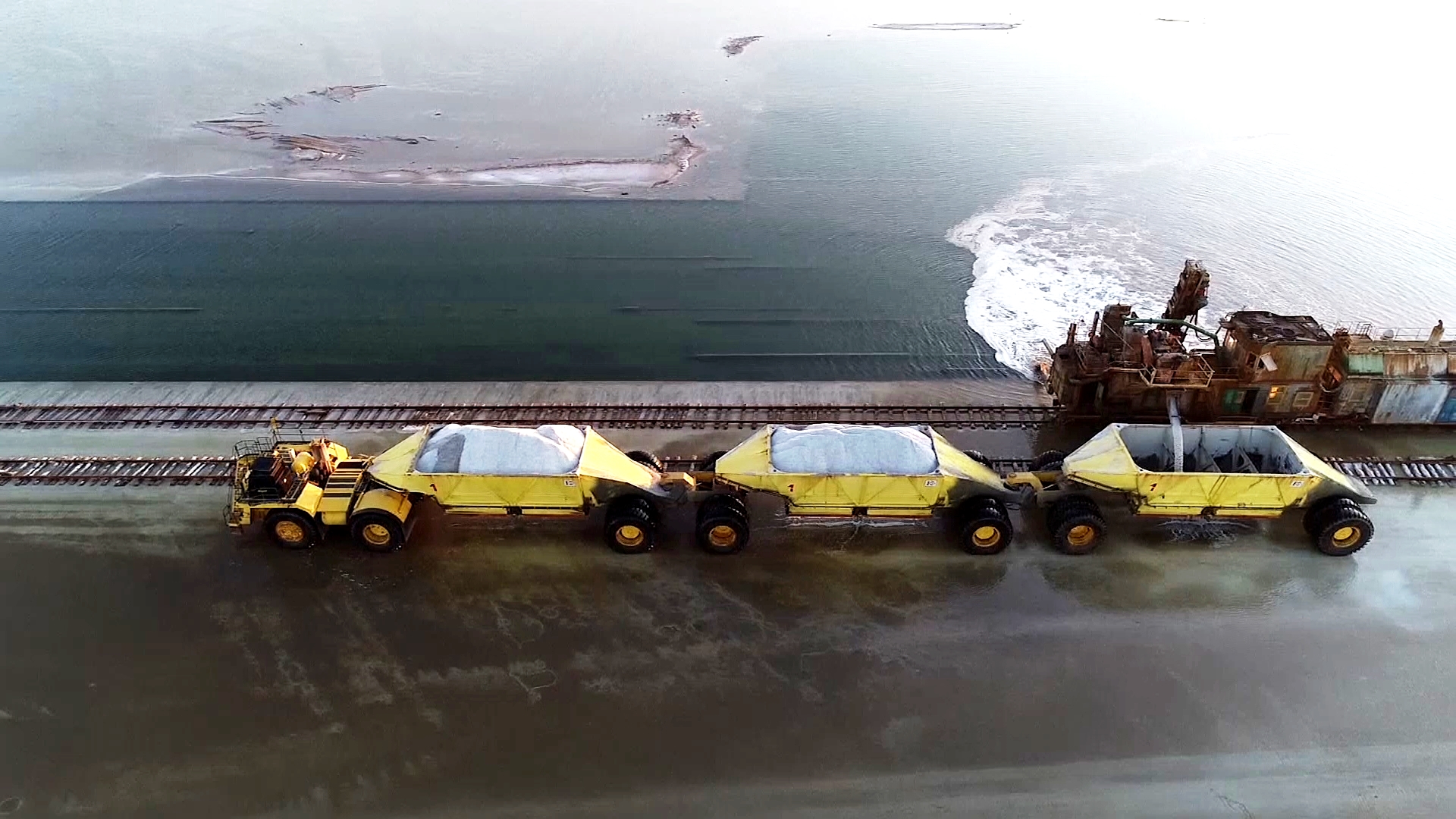
Tourist Attraction
Baskunchak's otherworldly beauty and healing qualities attract tourists to the shores of the lake. Apart from mud and salty water tourists can also see a rising mountain Bog Bogdo.
"Those cliffs, mountains and the lake are gorgeous. It is my first time at the salted lake, of course, the body burns from the salt but it is overwhelming. It is very cool," said Viktoria Sinyakina, a tourist.
For many millions of years, salt from the lakes has been pushing the hill up and therefore it is growing even nowadays.
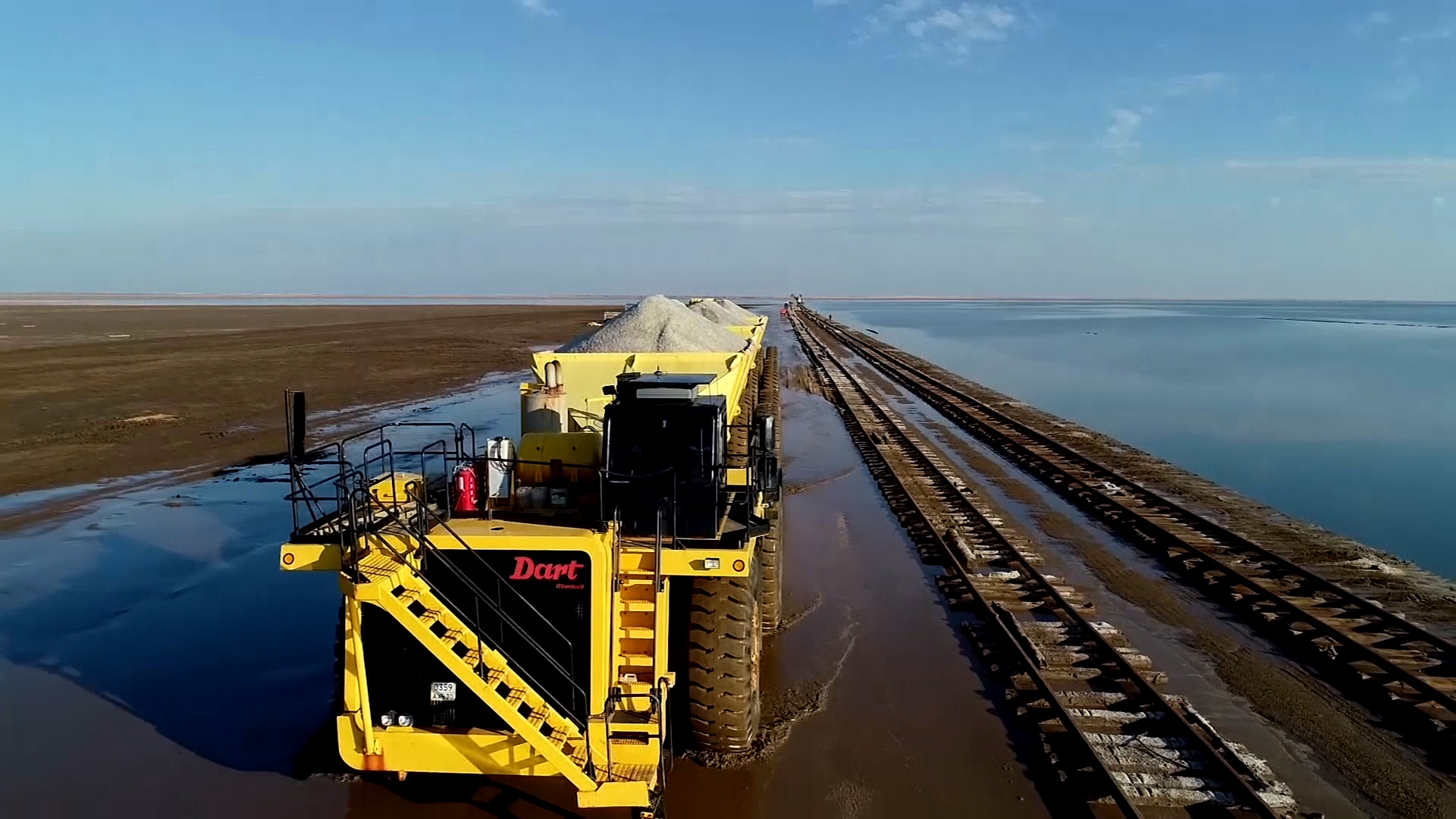
Salt Mining
On the other side of the lake lies the largest salt mining field which gives Russia 80 per cent of its salt supply.
Iron rails take wagons directly across the saltwater to transport it to the nearby plant.
Salt mining at the Baskunchak lake started in the eighth century as it was considered a trading spot along the Silk Road. Now up to three million tonnes of salt are mined here every year.
Specialists believe that in the nearby future salt mining will be done with a new technology developed by the US and Russian specialists that enables them to extract salt from 50 metres deep, which has the capacity to regrow salt within 3 to five years.
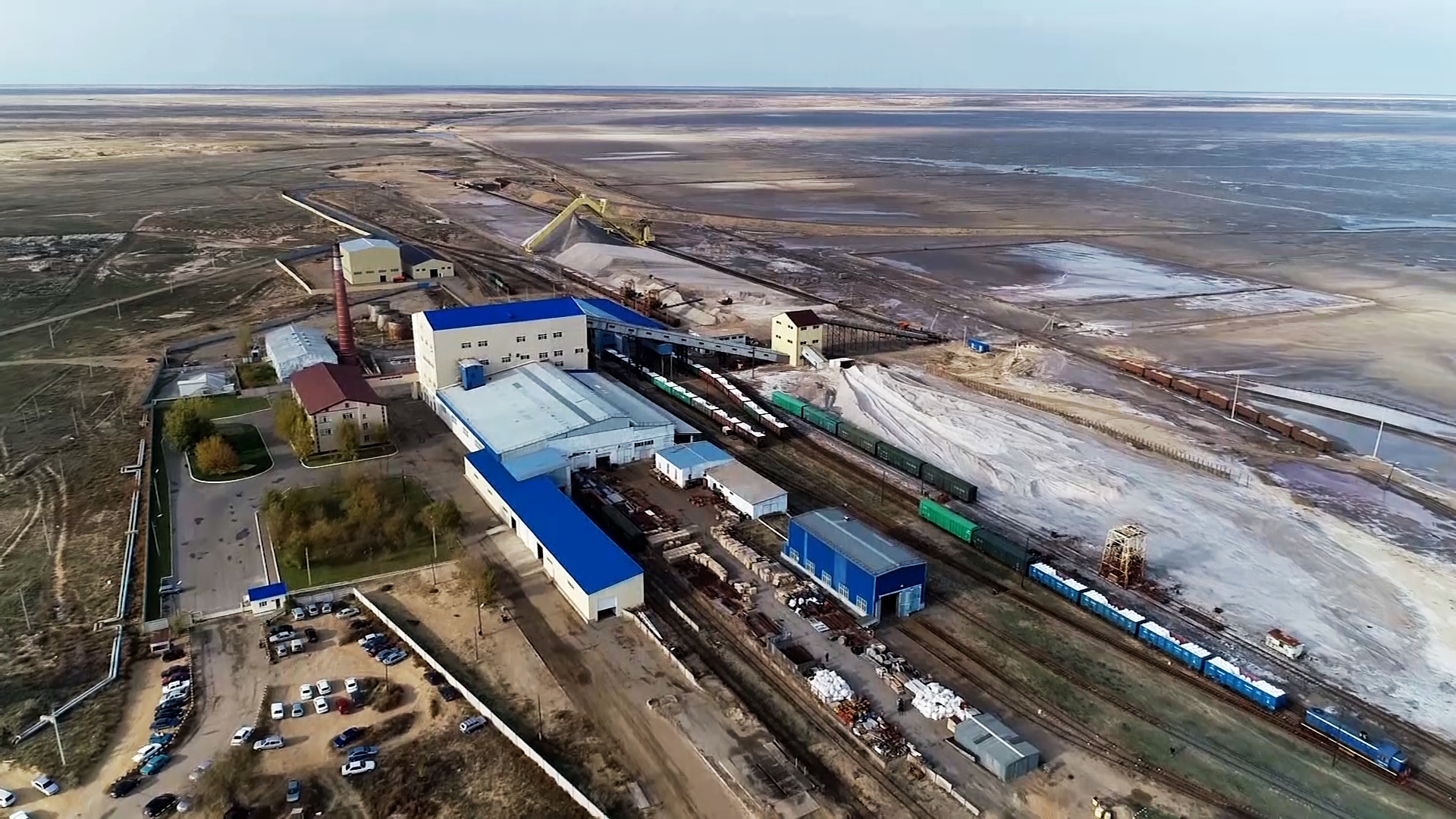
The machine that miners are using now extracts salt from 8 metres deep and needs 70 years to restore salt deposits.
"And there is another advantage, a huge advantage, the salt (dug up with new machine) is very white without impurity," added Marat Maldybaev, head of the mining section of the Baskunchak salt lake at the Russol company.
Daily up to 90 wagons of salt are transported to the plant where it is first piled to dry and only after, it is sorted and bagged to transport to various parts of Russia and worldwide.
Read also: Russian military begin patrols on north Syrian border
